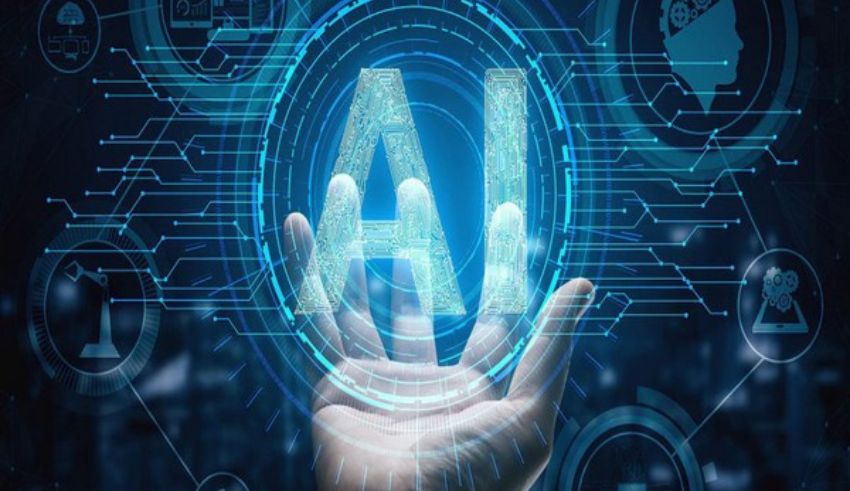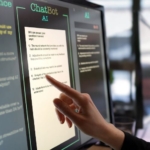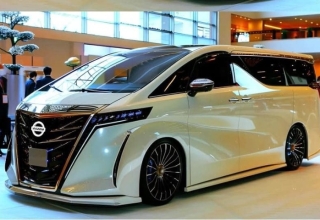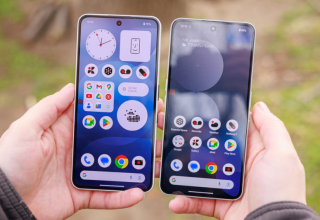
If medieval advances in the plough didn’t improve the livelihoods of Europe’s peasants and lift them out of poverty, it was largely because their rulers used the wealth generated by the new gains in output to build cathedrals instead.
Taking lessons from history, economists say something similar could repeat with artificial intelligence if it becomes a part of the current society in such a way that the benefits some claim it could grant are enjoyed by the few rather than the many.
“AI has got a lot of potential,” said Simon Johnson, who also stressed the technology’s “potential to go either way.” “We are at a fork in the road,” the professor of global economics and management at MIT Sloan School of Management added.
Keep Reading
Raging Hollywood Strike Underscores Growing Concerns
Backers of AI expect a giant leap in productivity that will generate wealth and eventually improve living standards. Some even go further, suggesting that technology will finally free humanity from repetitive tasks and grant us better lives of more creativity and leisure.
AI could help add between $14 trillion and $22 trillion of value annually, with the upper figure being approximately the current size of the American economy, consultancy McKinsey estimated in June. But worries remain over a number of possibilities.
Critics have expressed concerns over the technology’s potential impact on livelihoods, including its power to eliminate thousands of jobs in all kinds of sectors. Take the ongoing Hollywood strike as an example, where screenwriters express the fear of being made redundant by AI.


























